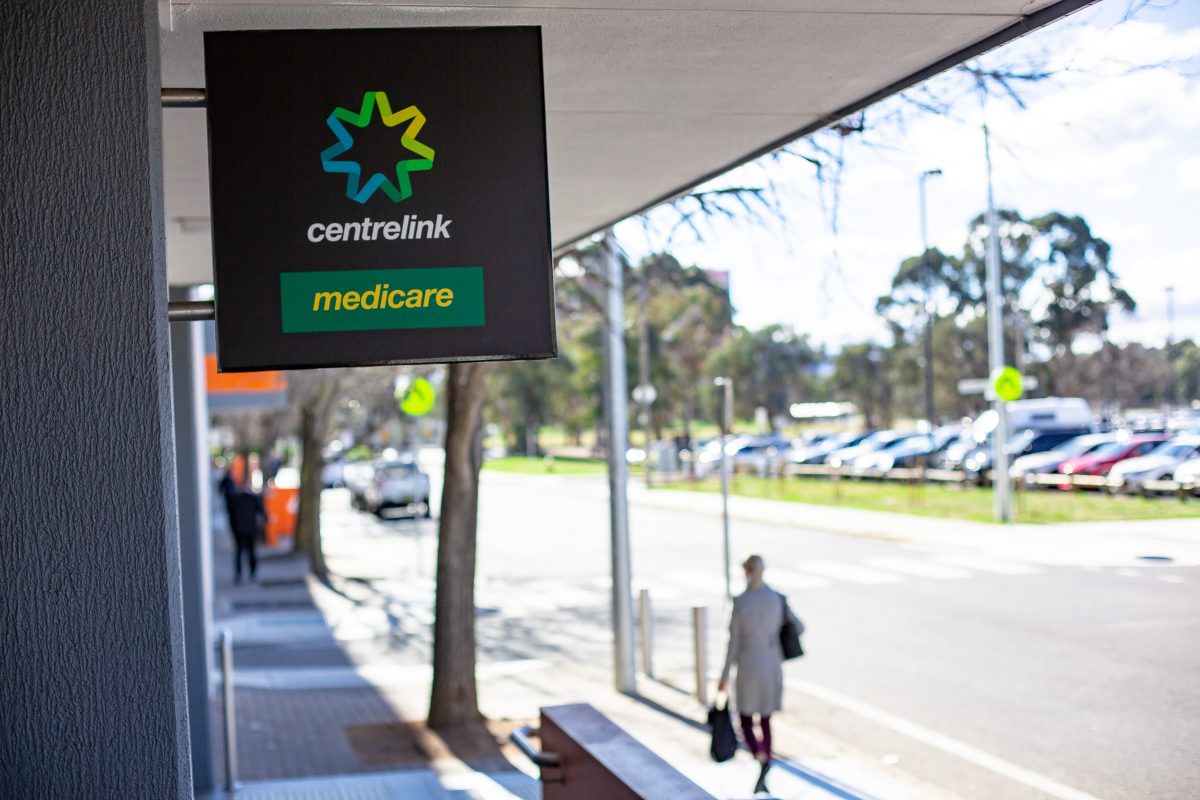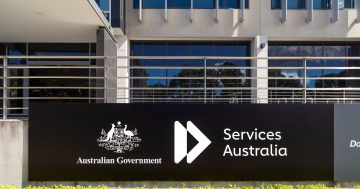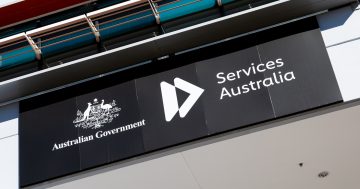
The government wants to know how it can provide Centrelink and Medicare services better in the future. Photo: George Tsotsos.
The Federal Government wants Australians to tell it what they think about the service they get from Medicare, Centrelink and other frontline services.
Yes, you read that right. They really do.
So here’s your chance to let the government know what you actually think about the services you use and to make suggestions for what could be changed.
All Australians are encouraged to have their say on the future of government services through a new online survey, which the government hopes will shape the direction of how those services are provided in the following decades.
Responses will inform a Long-term Insights Briefing on The Future of government services: Aligning work with Australian communities.
The government says most of its services and support provided are centrally designed and aimed at providing a universal offering to all citizens and communities.
It says that individual agencies try to excel at the delivery of standalone services.
Acknowledging that while this approach works well for many Australians, it doesn’t distinguish between communities or places, so the government wants input on how it can be done better.
There are a number of Australian communities – particularly diverse, disadvantaged and remote communities – where government services do not always reflect an effective or empowering approach.
Minister for the Public Service Katy Gallagher said the Long-term Insights Briefing would explore how government services could be designed and delivered differently in the future.
“From making a claim through Medicare to applying for a payment through Centrelink, government services are part of our everyday lives,” Senator Gallagher said.
“We want to hear from different communities about the challenges they face and how they would like to interact and work with government to ensure services meet their needs.”
Responses collected from the survey will inform the development of insights in the briefing and build on what the government hopes will be a wide range of virtual and in-person consultations and research activities, some of which are already underway.
These activities already include interviews, workshops, and focus groups with community members, as well as experts from across the Australian Public Service, academia, industry, think tanks, policy institutes, and community representative organisations.
The final report and research summaries will be released by the Department of the Prime Minister and Cabinet later this year. They will be shared across the public sector to inform future policy directions.
The Long-term Insights Briefings were launched as part of the APS Reform Agenda to strengthen policy development and planning.
Senator Gallagher said the briefings provide the government with opportunities to work with Australians on significant, complex, and long-term issues, and they support it in delivering future-focused policies.
“Policies that address long-term issues are challenging to develop,” she said.
“The briefings are a fresh way for government to understand the experiences, aspirations and concerns of Australians on issues that matter.”
Government Services Minister Bill Shorten said the digitising of government services into the future will give time back to most people’s everyday lives.
“One of the biggest problems Australians have is that they’re time-poor. Therefore, it is a priority that people get their lawful benefits in a timely fashion,” Mr Shorten said.
“People want better access to online services and to interact with government in a way that suits them, which is fast and accessible.”
“That’s why we want to hear directly from Australians, to guide the future development of myGov and the delivery of online and face-to-face government services.”
Mr Shorten was recently singing the praises of his department, Services Australia, for ploughing through Centrelink and Medicare claims waiting to be processed, slashing wait times across the board.
Services Australia reduced Medicare and Centrelink claims by 66 per cent as at 21 July, from 1.35 million in early February, to a regular number of about 460,000. Mr Shorten said the government had delivered on its commitment to reduce Services Australia’s claims on hand to normal levels by mid-year.
With the backlog cleared, he said most claims would be processed within reasonable timeframes from now on.
The government added 3000 permanent additional staff to Services Australia late last year to improve claim-processing times and access to services.
At 21 July, the agency was answering Centrelink calls around six minutes faster and Medicare customer calls nine minutes faster than in January.
The survey is open to anyone living in Australia and will close on Sunday, 1 September, this year.
Original Article published by Chris Johnson on Riotact.











